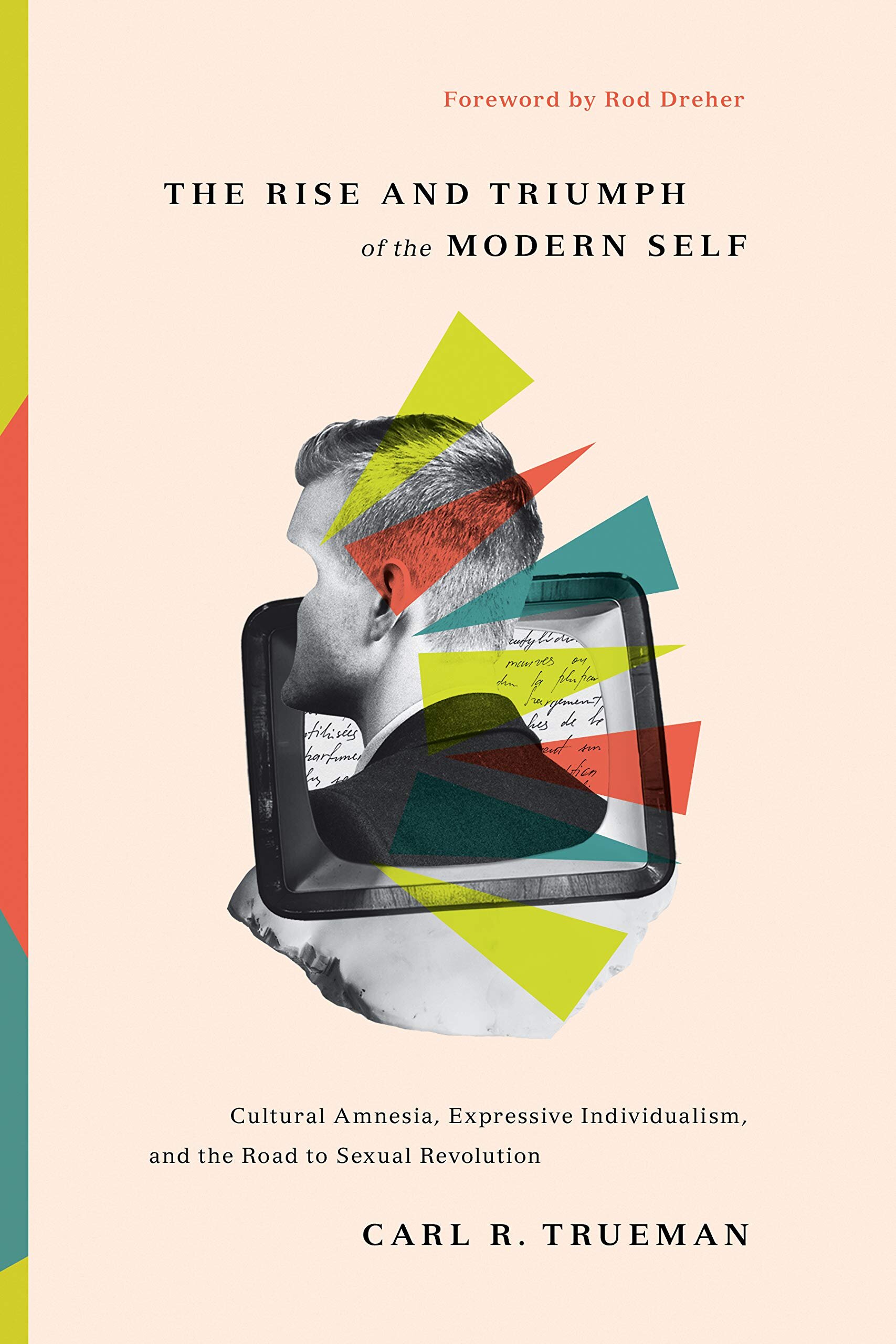5 Books Christians Should Read in 2021
To all my fellow book nerds out there looking for a summer reading list, here’s 5 books I think every Christian should read this summer. These books have encouraged and stirred some fresh perspective in me - put them on your list for 2021!
Gentle and Lowly by Dane Ortlund.
What is God’s deepest heart towards people? Is God basically a God of wrath, vengeance, and justice, or is God’s basic disposition towards humanity love and mercy? The biblical answer, of course, is both, but as we all know, there are certain religions traditions that tend to emphasize one over the other, and the pulpit pendulum in any given church swings towards one over the other. I found this book to be an incredible reminder of God’s heart towards sinners. Jesus, when given the opportunity to share what his heart was does not say he is austere and demanding in heart, nor does he say he is generous and loving in heart. Letting Jesus himself set the terms, he says “I am gentle and lowly in heart.” This book is a deeply biblical, gospel-centered devotional reflection on God’s heart for sinners – which includes you and I. A refreshing reminder.
Confronting Christianity by Rebecca McLaughlin.
Rebecca is smart, sharply logical, and highly educated. This book also won the 2020 Book of the Year award from Christianity Today. The 13 chapters of this book deal with 13 major questions that every Christian must be able to answer in the face of a changing world. Thoroughly researched and footnoted but highly accessible, this book is great if you are questioning your faith or if you know someone who is critical-yet-open towards Christianity. She deals with questions like “is Christianity homophobic,” “Does Christianity denigrate women?” “Is the world really better off without religion?” Also, she’s a good writer so its enjoyable to read.
In the Name of Jesus by Henri Nouwen.
Revisit a classic this summer! This is an incredible read and its short – only 107 pages – its Nouwen’s much-celebrated reflection on Christian Leadership. Using the temptations of Jesus as a template, Nouwen argues that the shape of spiritual leadership is not upward mobility that ends in success, but downward mobility that ends on a Cross. He gave up a lucrative career as a Harvard professor to spend the rest of his life at a mentally handicapped community called L’Arche. He encourages us to give up our need to be relevant and spectacular, and seek to be present with God and to others, and to be at rest and secure in God’s love for us as leaders. No better time to revisit this monumental classic than summer 2021.
The Ruthless Elimination of Hurry by John Mark Comer.
In a frenetic world of constant digital stimulation, clickbait news articles, and big tech companies that have hijacked our brain’s reward systems to make us and keep us addicted to our phones, JMC offers this book as a corrective. He calls us to remember the classic spiritual disciplines of slowing down, being present, solitude, fasting, and sabbath – taking one day out of each week to give to God. Formerly a pastor in Portland, Comer speaks well to we millennials who deconstruct everything and love to be “post” everything – post-Christian, postmodern, etc. etc. etc.
The Rise and Triumph of the Modern Self by Carl Trueman.
This is the heaviest and meatiest book of all the ones I’ve mentioned. At just around 300 pages, much of which constitute a philosophical history of how we got to the place where Trueman’s grandfather could say “I’m a woman trapped in a man’s body” and it makes sense culturally. Exploring thinkers like Philip Reiff, Foucault, Rosseau, Karl Marx, and Freud, Trueman offers a ‘rosetta stone’ to understanding a culture characterized mainly by “expressive individualism,” an age that Trueman calls the Age of the Therapeutic Self. Not everyone will read this one, but I powered through it in a week. Lots more to say, but if you’re looking for some heavier thinking and looking to understand ‘how we got to where we’ve got,’ this is the book. Highly recommended!




